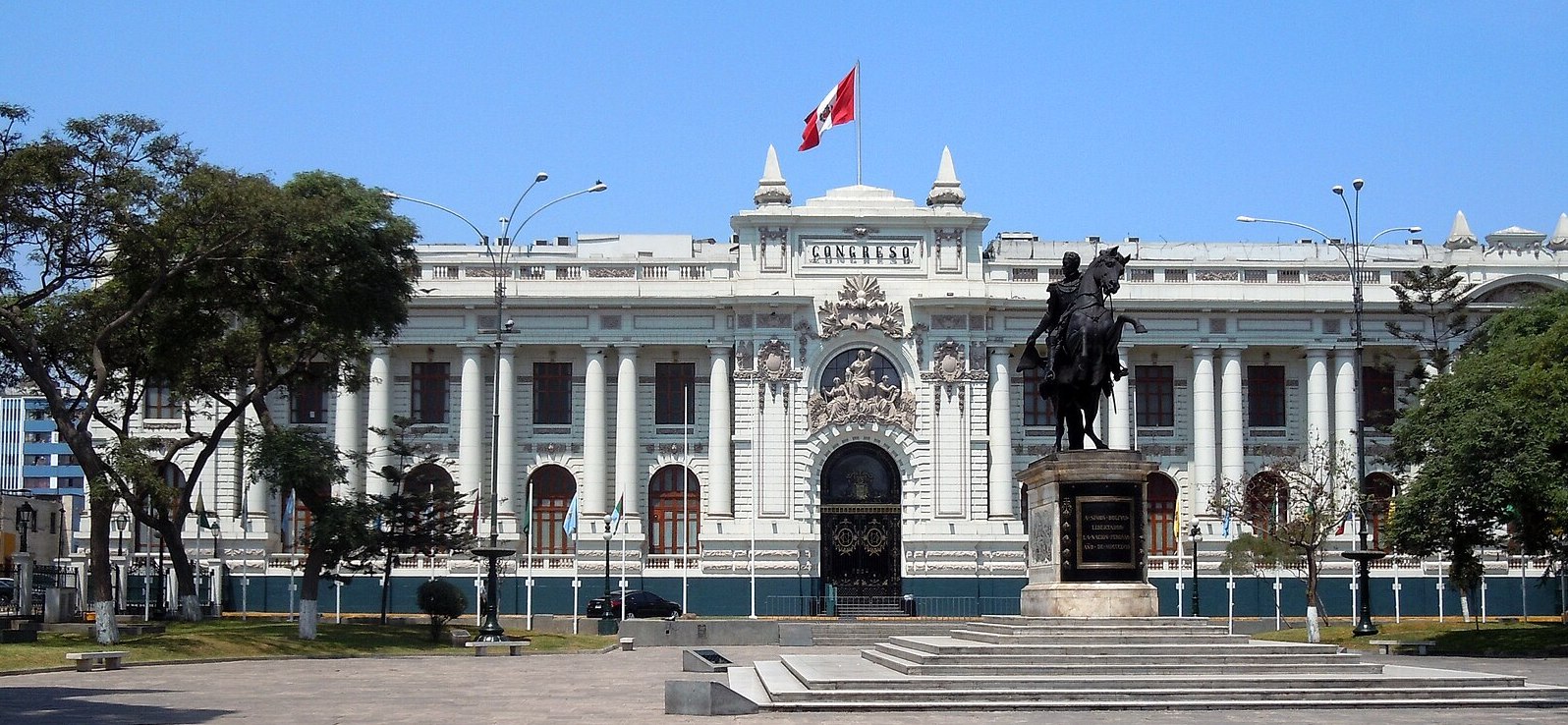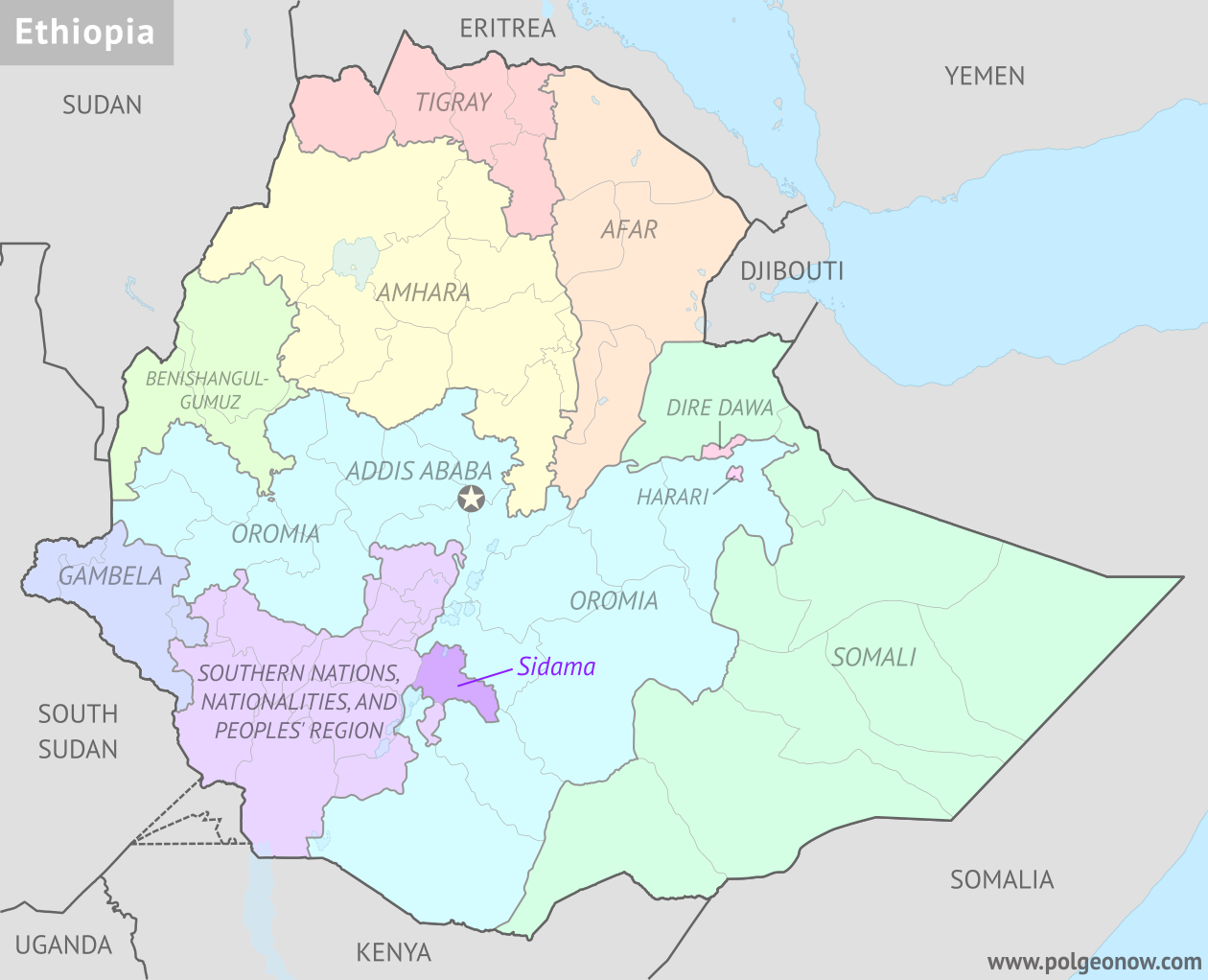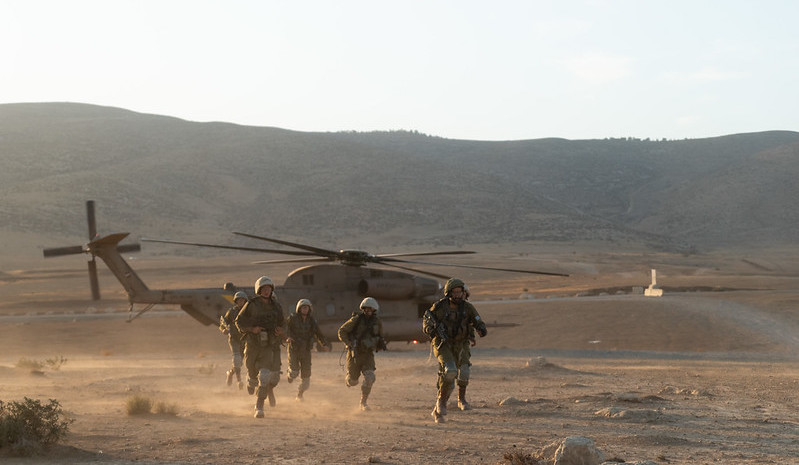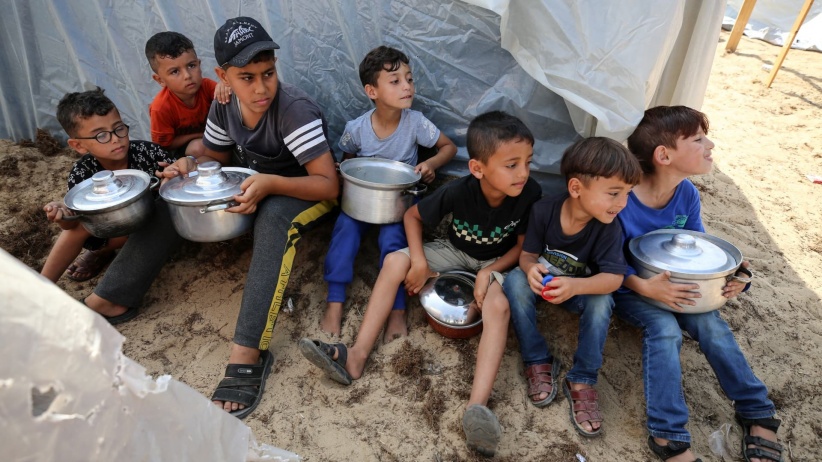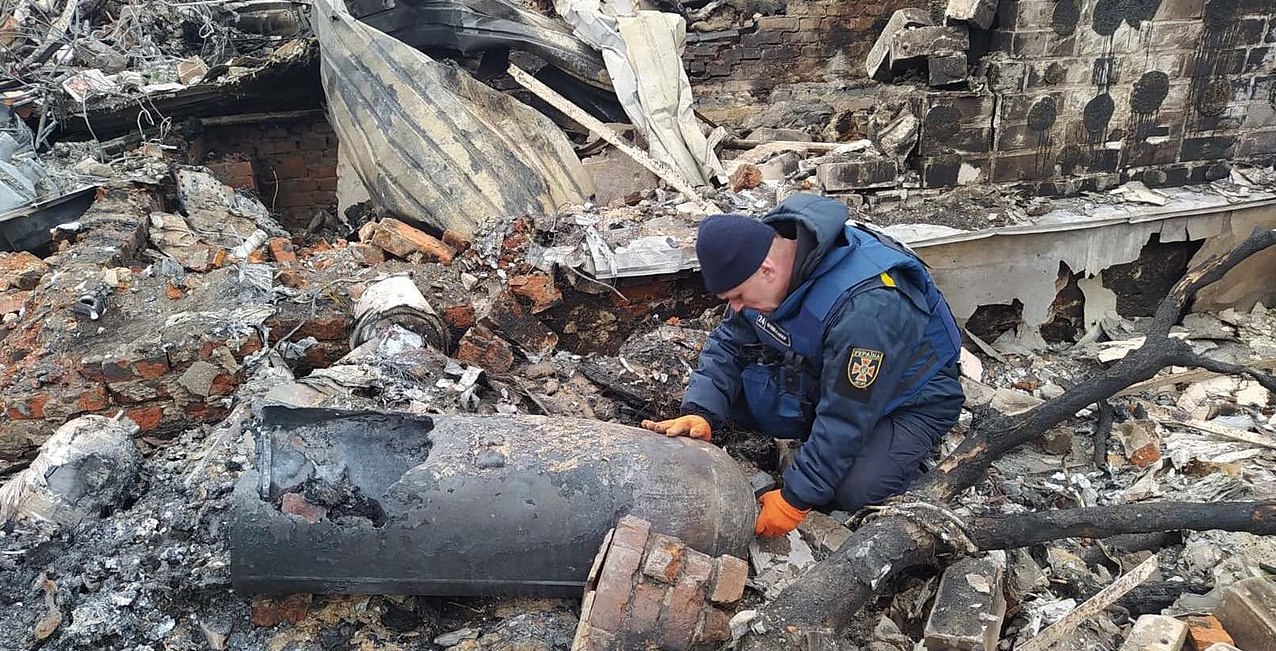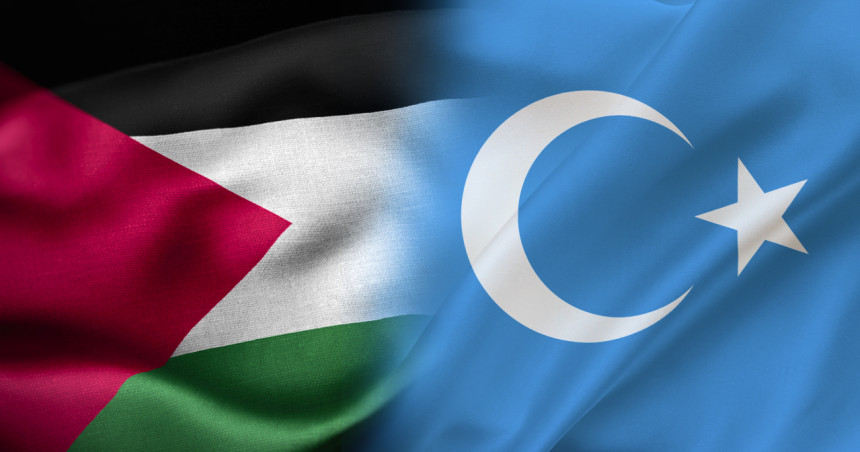
What fate for Rafah civilians as Israeli invasion looms?
As Israel presses toward an invasion of the southern Gaza city of Rafah, where 1.4 million displaced Palestinians are trying to find shelter, the Israeli military says it plans to direct a “significant” number of them toward zones in the center of the Gaza Strip. Referring to the areas as “humanitarian islands,” Israel’s chief military spokesman did not provide details on how or when civilians would be moved when he made the announcement. Any Israeli invasion of Rafah could trigger an even larger humanitarian catastrophe in the densely crowded area, aid groups have warned for weeks. An invasion will complicate efforts to deliver humanitarian supplies, as Gazans continue to suffer from disease and face starvation. (Photo: Yousef Hammash/NRC)



